Teacher Assistants
Top Tips for Navigating Challenges and Building Connections
Insights from Dream Team (Lived Experience, Teacher, Teacher Assistant & Parent)
Learn Teacher Assistant Classroom Strategies
Teacher Assistant Success Strategies
Discussed in this Episode:
✅ Signal System for Secondary Students: Dean’s TA would sit at the back of the room with a signal system where he’d scratch his head or tap, and she would come check on him, but would stop at other kids on the way, making support less obvious.
✅ Facilitating Peer Connections: When a child asked the TA how to do a math equation, she would say “Dean knows how to do it. Dean will show you”, creating positive social connections between students.
✅ Building Visual Context: Dean taught a student to tie shoelaces on green carpet in the classroom, but the student couldn’t do it at home on tiles – teach skills in multiple settings.
✅ Red Pen Signal: Put a red pen out on the table as a signal for when help is needed in secondary classrooms.
✅ Strategic Withdrawal Timing: Never take children out of classes they thrive in; withdraw them from lessons that cause distress instead.
✅ Empowering Student Choice: At age 14, Dean chose to have two hours weekly of withdrawal time with his TA for check-ins rather than in-class support.
✅ Team Knowledge Sharing: All teacher aides knew Dean, so if his regular TA wasn’t in, someone familiar could provide support.
✅ Contextualizing Skills: When teaching table manners at home versus grandma’s house: “This is how we did it at home and this is how we do it at Nona’s place”.
✅ Visual Teaching Methods: Use bubble writing where children write within lines rather than dot-to-dot methods for handwriting instruction.
✅ Creative Learning Approaches: A TA built Verona out of Lego with a student struggling with Shakespeare, enabling the student to then write four pages about Romeo and Juliet.
TEACHER ASSISTANT FREE WEBINAR
WHAT YOU WILL LEARN:
✅ 4 Key Skills to Foster Success
✅ Key Strategies to build independence in students
✅ Tips for engaging and supporting neurodiverse students, including understanding
individual needs and adapting strategies accordingly
✅ Why do you often see challenging behaviour and what to do
✅ How to develop social skills and social understanding among students
✅ How to support students to engage with peers
✅How to foster an inclusive and positive learning environment for all students
✅ Strategies for ALL ages and stages and More
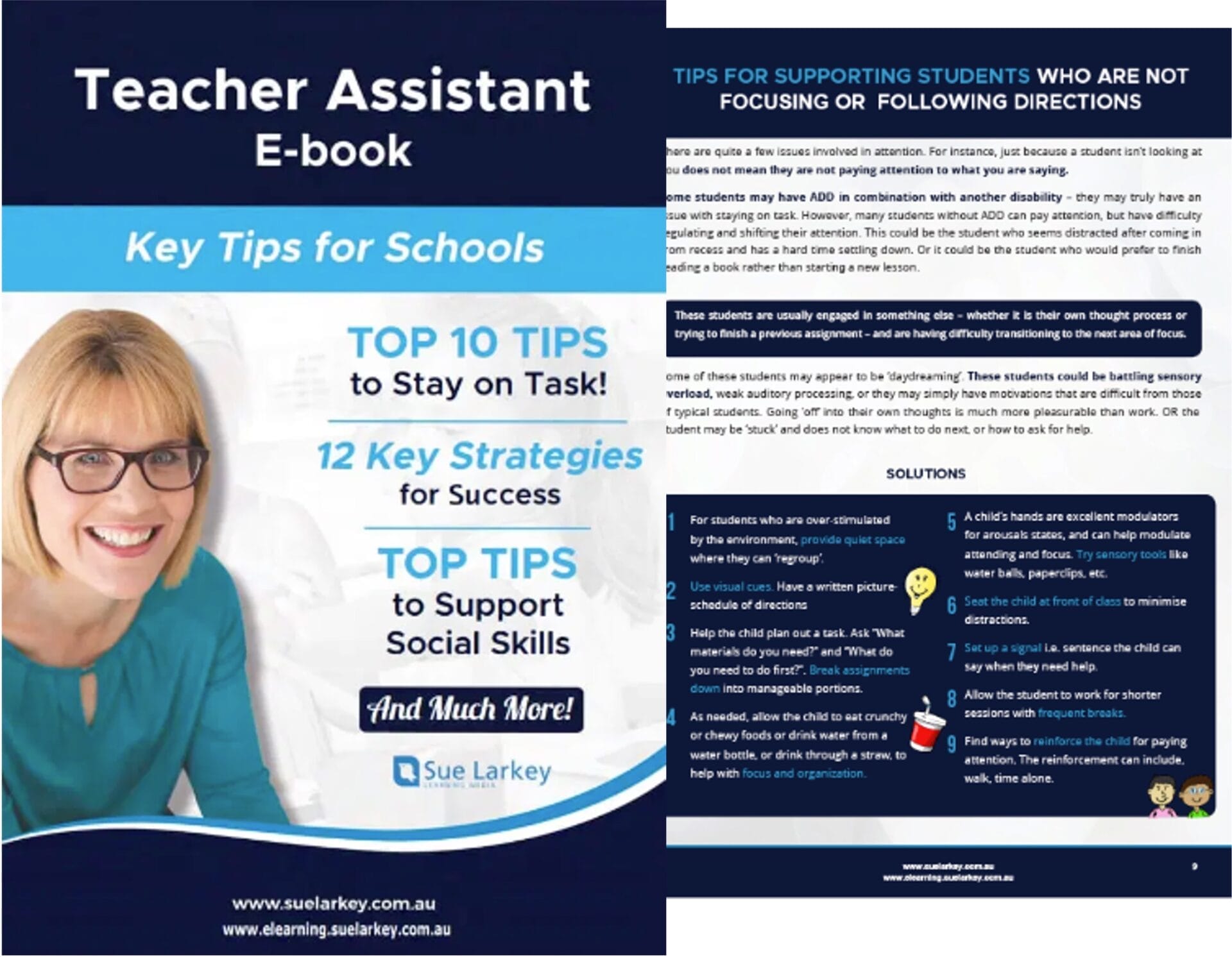
teacher assistant free e-book
You Will Learn:
✅ Top 10 Tips to Stay on Task
✅ 12 Key Strategies for Success
✅ 7 Considerations for Supporting Students
✅ Top Tips to Support Social Skills
✅ 10 Tips to Remember when Teaching Social Skills
✅ 10 Ways to Use Cooking to Teach
✅ Tips for Supporting Students Who Are Not Focusing or Following Directions
✅ Behaviour
✅ 11 Key Strategies for Understanding Behaviour
teacher assistant Courses
GREAT RESOURCES FOR TEACHER ASSISTANTS
Teacher Assistants Big Blue Book of Ideas
| by Sue Larkey & Anna Tullemans | Companion to the Teacher Assistants Big Red Book of Ideas. Hundreds of new strategies to try. Social skills: playgrounds, friendships, building self esteem, bullying. In the classroom: getting on task, adapting tasks and exams, building independence. Managing anxiety and behaviour.
29 in stock
Teacher Assistants Big Red Book of Ideas
| by Sue Larkey & Anna Tullemans | Hundreds of ideas you can try. Setting up the classroom, the role of the teacher assistant, behaviour in the classroom and playground, stages of anxiety, transition, sensory toys and activities. Includes frequently asked questions and MORE!
28 in stock
Check out my other Podcast on Why Schedules can Help Establish Routines:

Episode 157: How to Create Independence for students on the Autism Spectrum using 3 Key Ingredients
Discussed in this Episode:
✅ Time is the Number one Accommodation and Adjustment every classroom needs to puts in place
✅ 4 Types of Schedules
✅ Why you need a range of Schedules
✅ Why knowing how long is so important
✅ Range of Visuals to Use
✅ Timer + Visual + Schedule = Independence
Pathological Demand Avoidance (PDA)
in the Classroom: Understanding and Teaching Strategies for Educators
(AS, PDA, ODD, ADHD, etc)
✅ Understanding of Pathological Demand Avoidance (PDA)
✅ What are Demands and How to Avoid
✅ PDA & Anxiety: Key Strategies
✅ Difference between PDD, ODD, and ASD
✅ Practical Approaches and Strategies to Support Learning
✅ Supporting and Understanding Behaviour
✅ PDA and Education: How to Make it WorkWhat, How & When to teach Social Skills
 2 Hours
2 Hours

$149
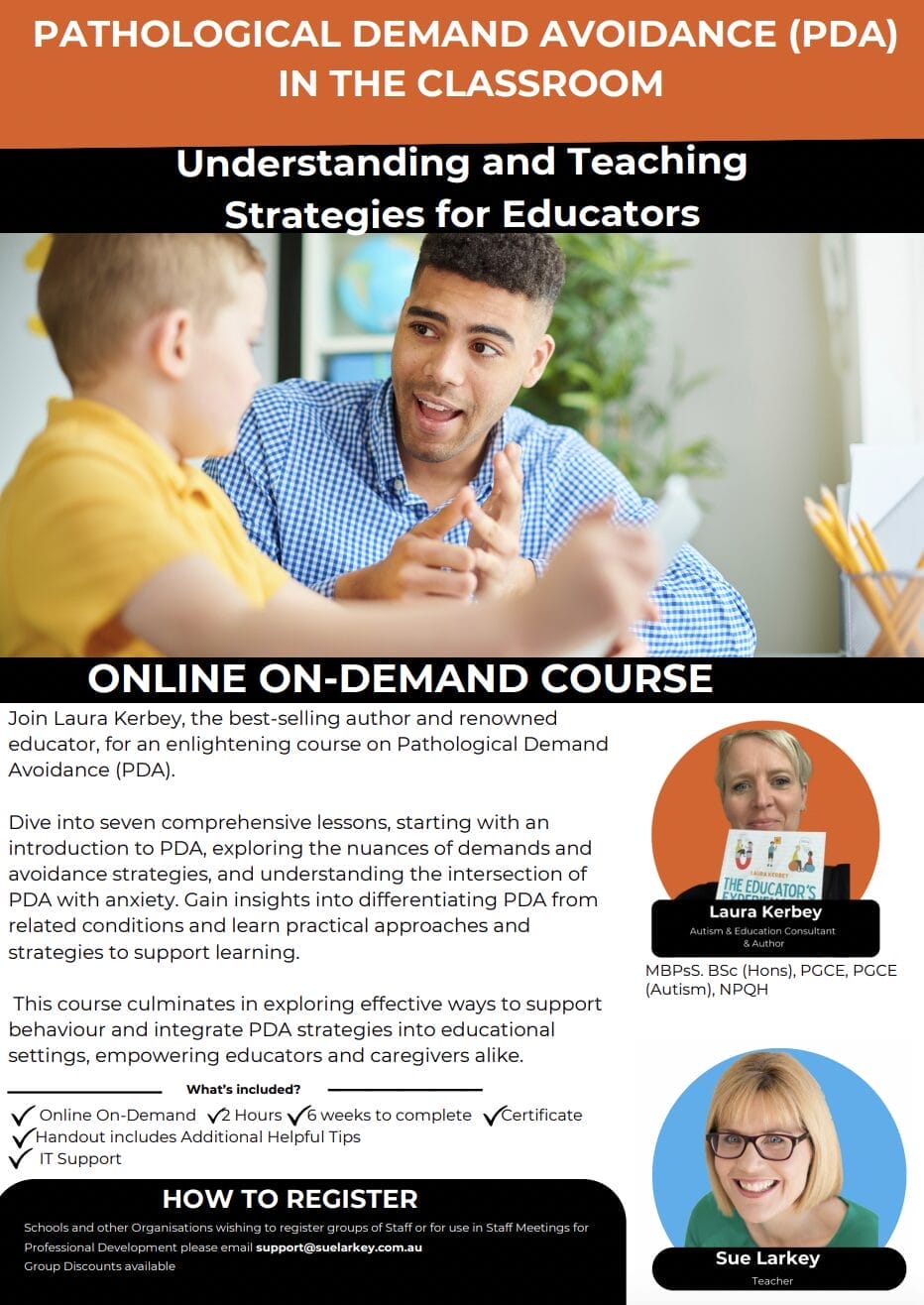




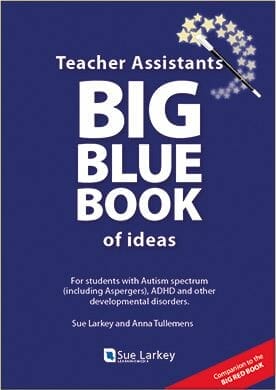

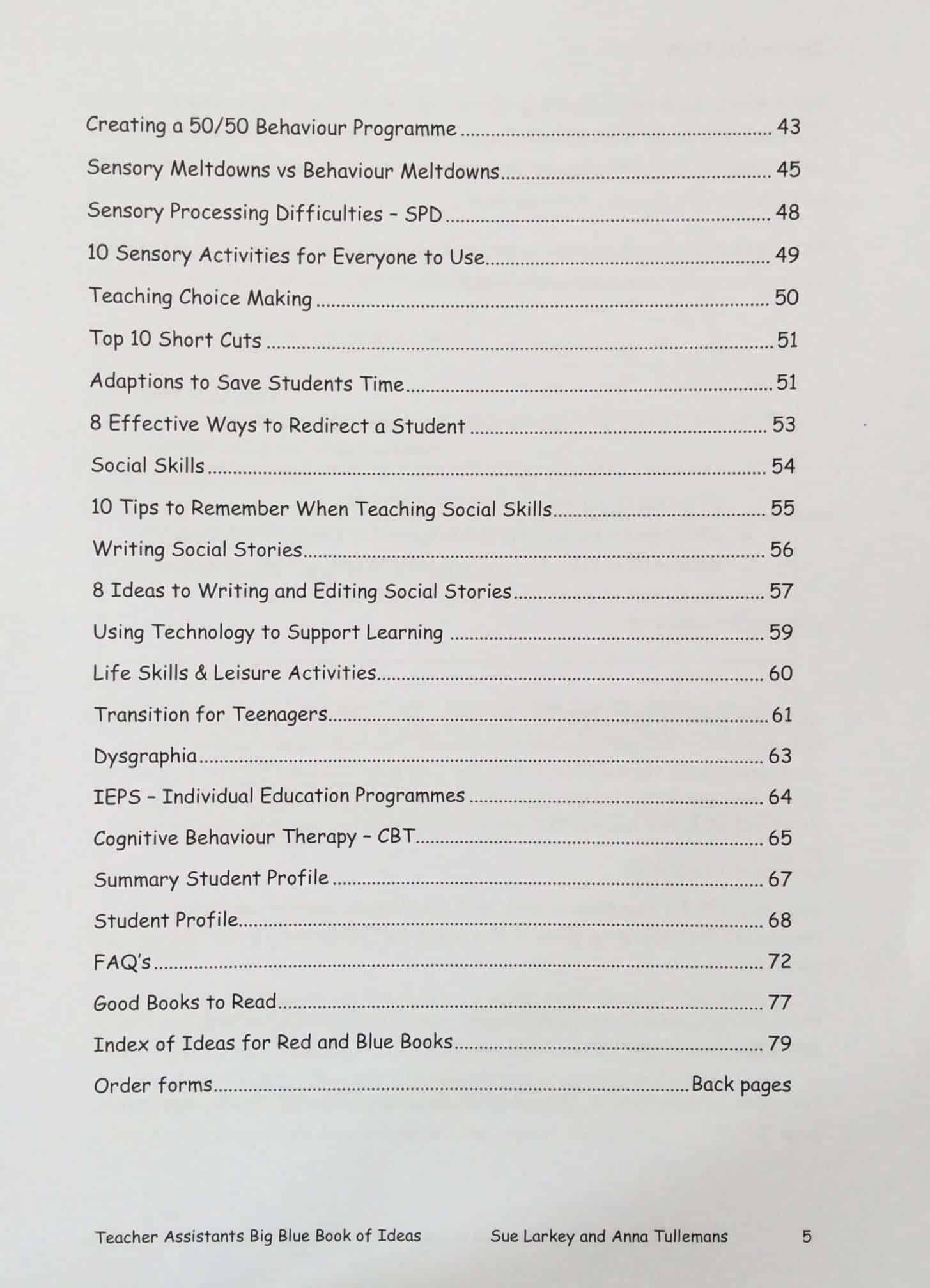
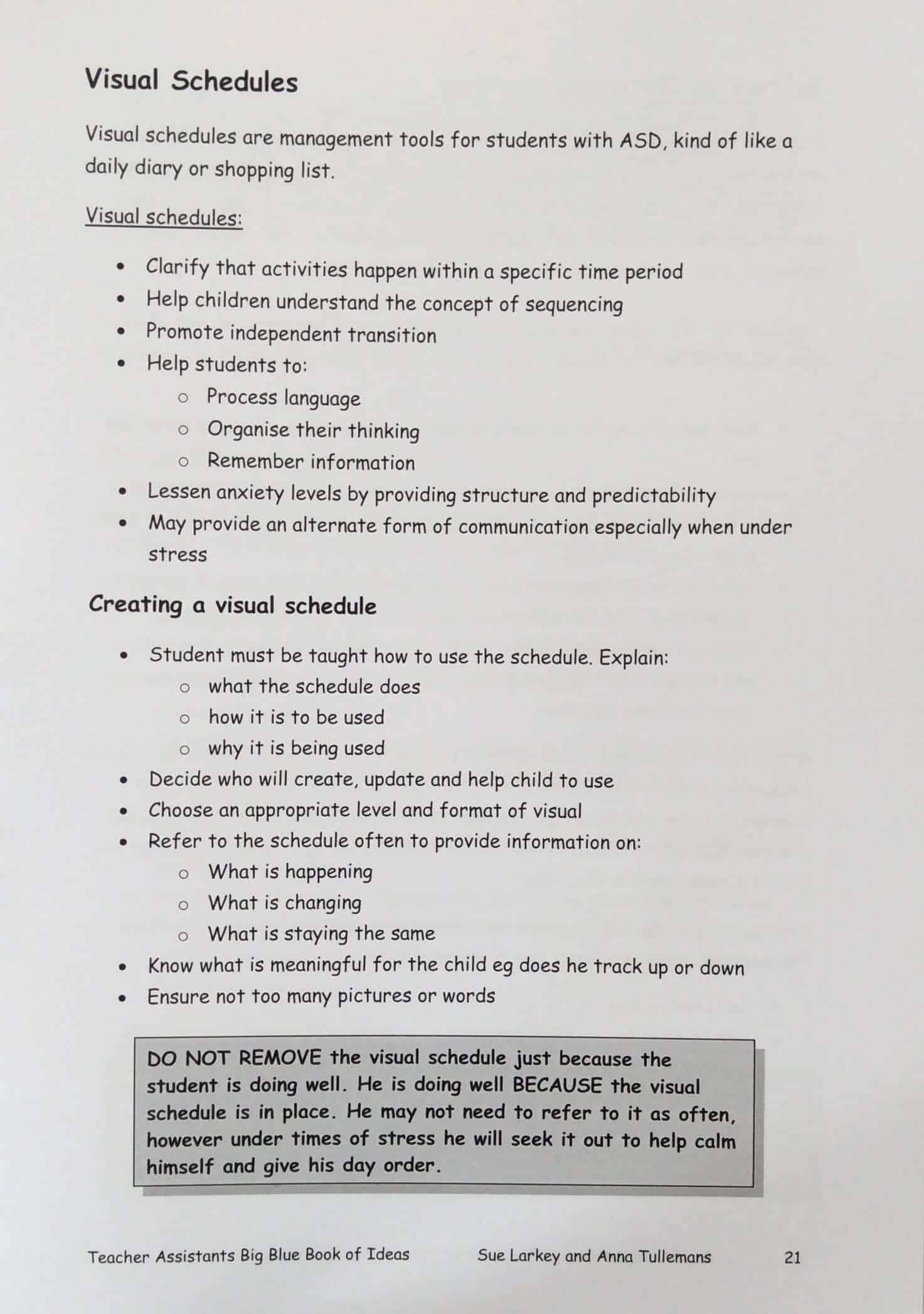
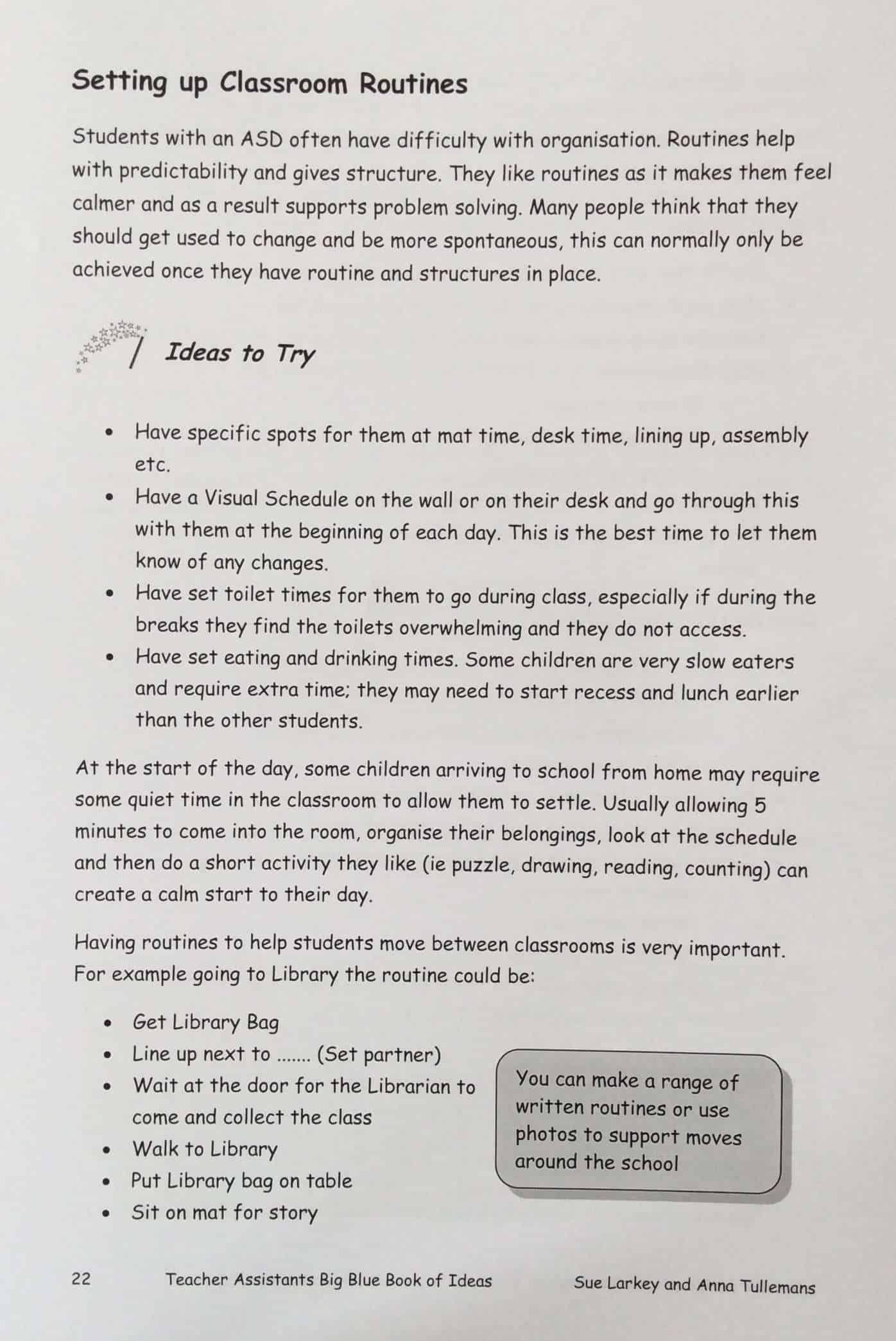
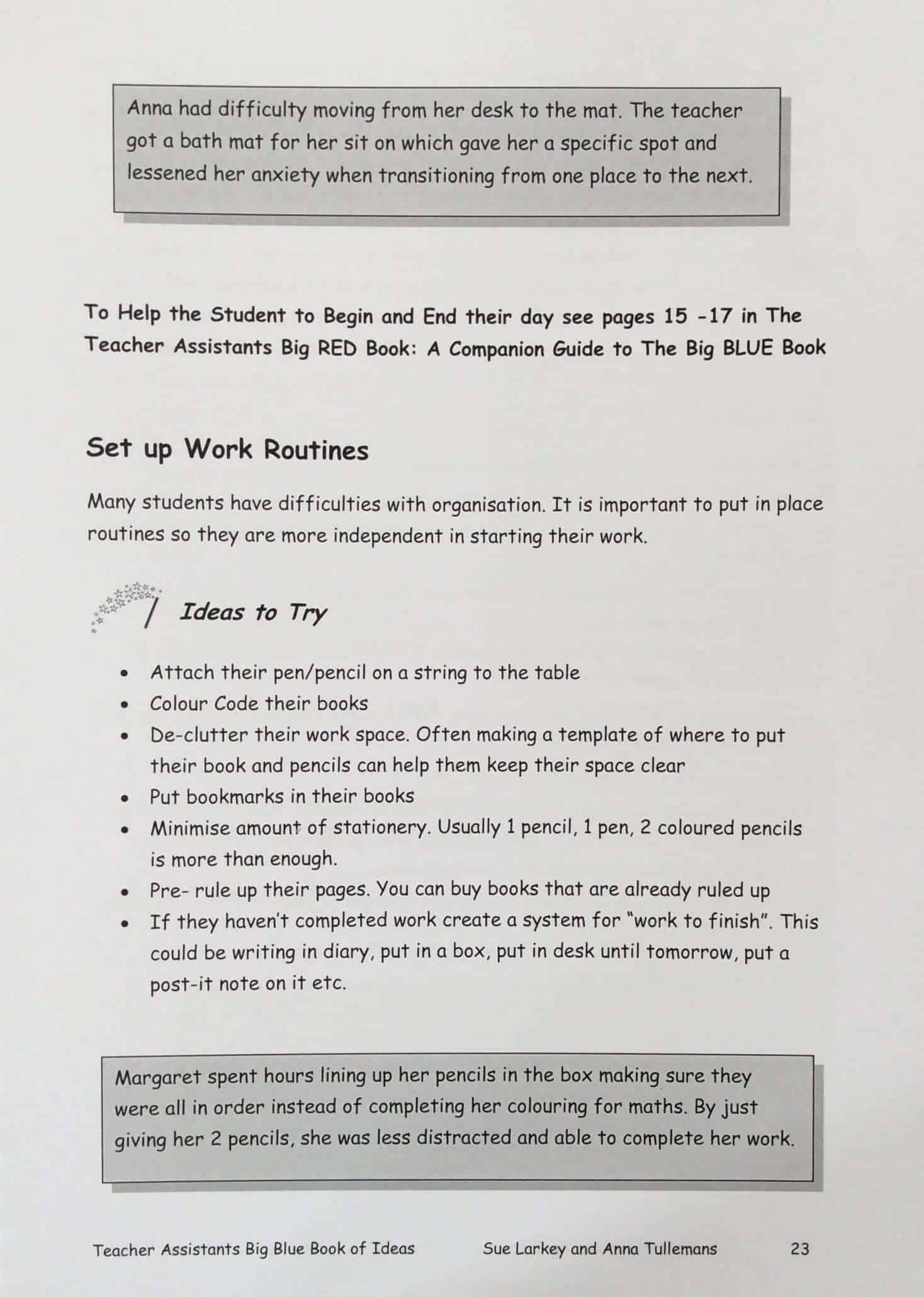

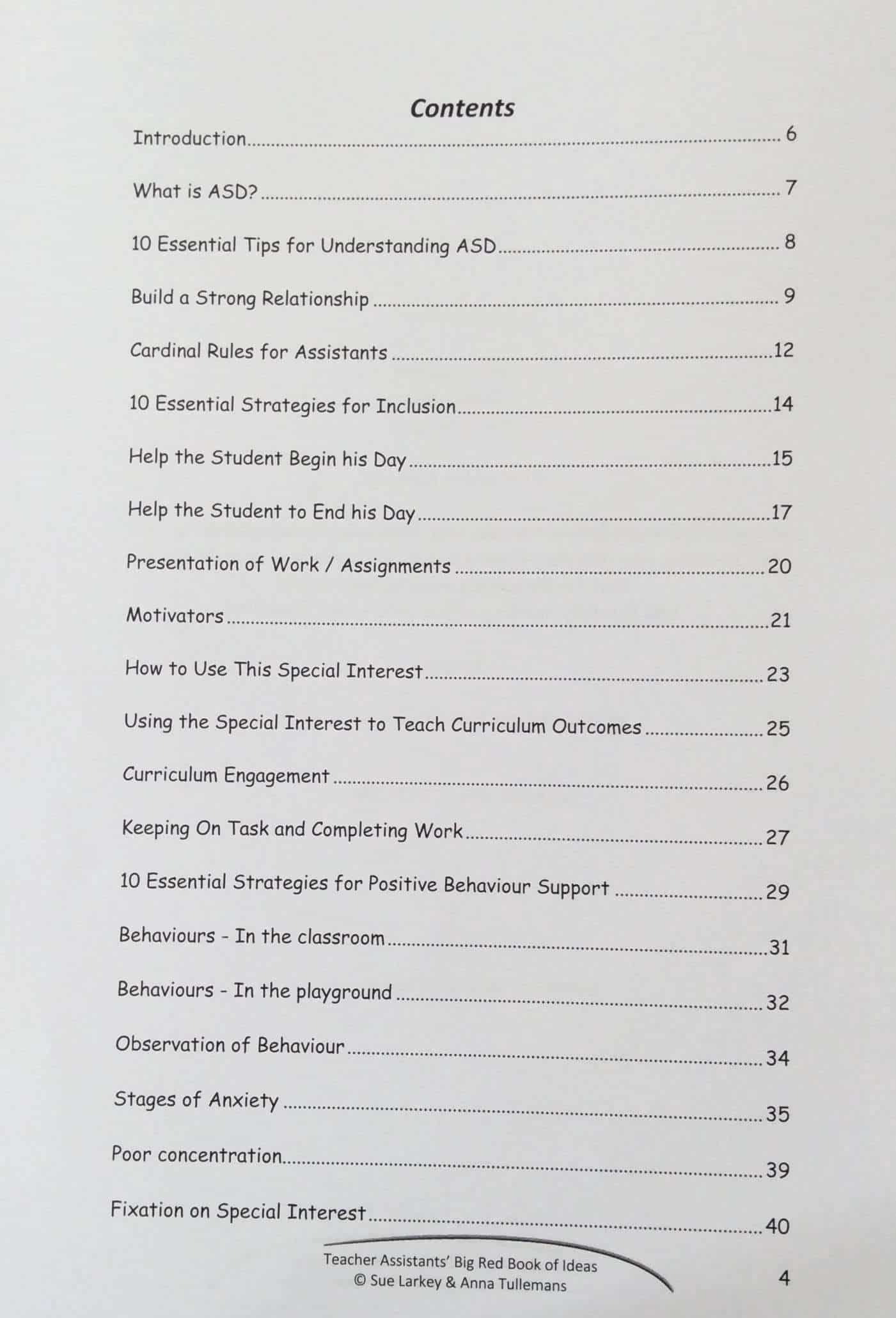
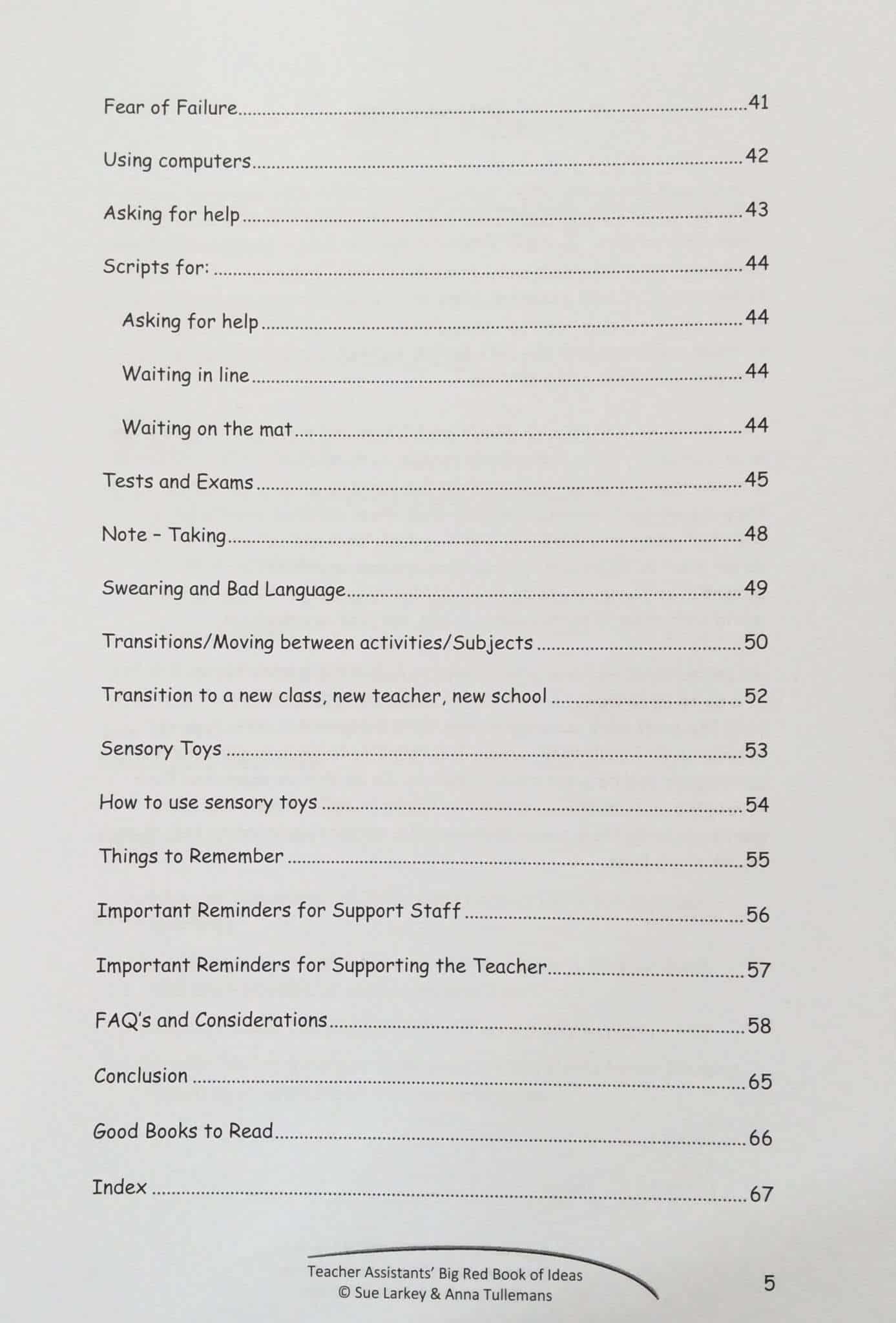
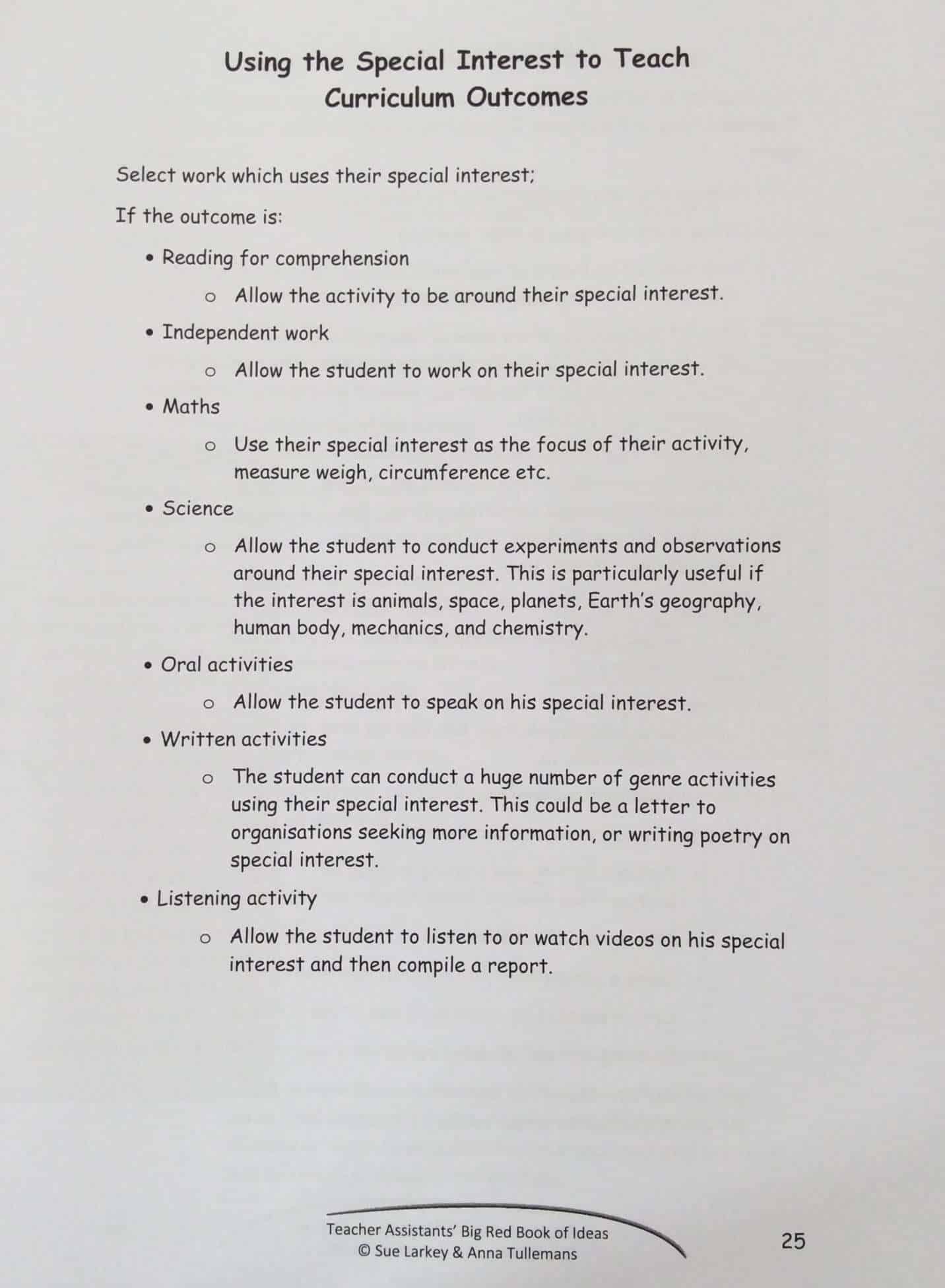
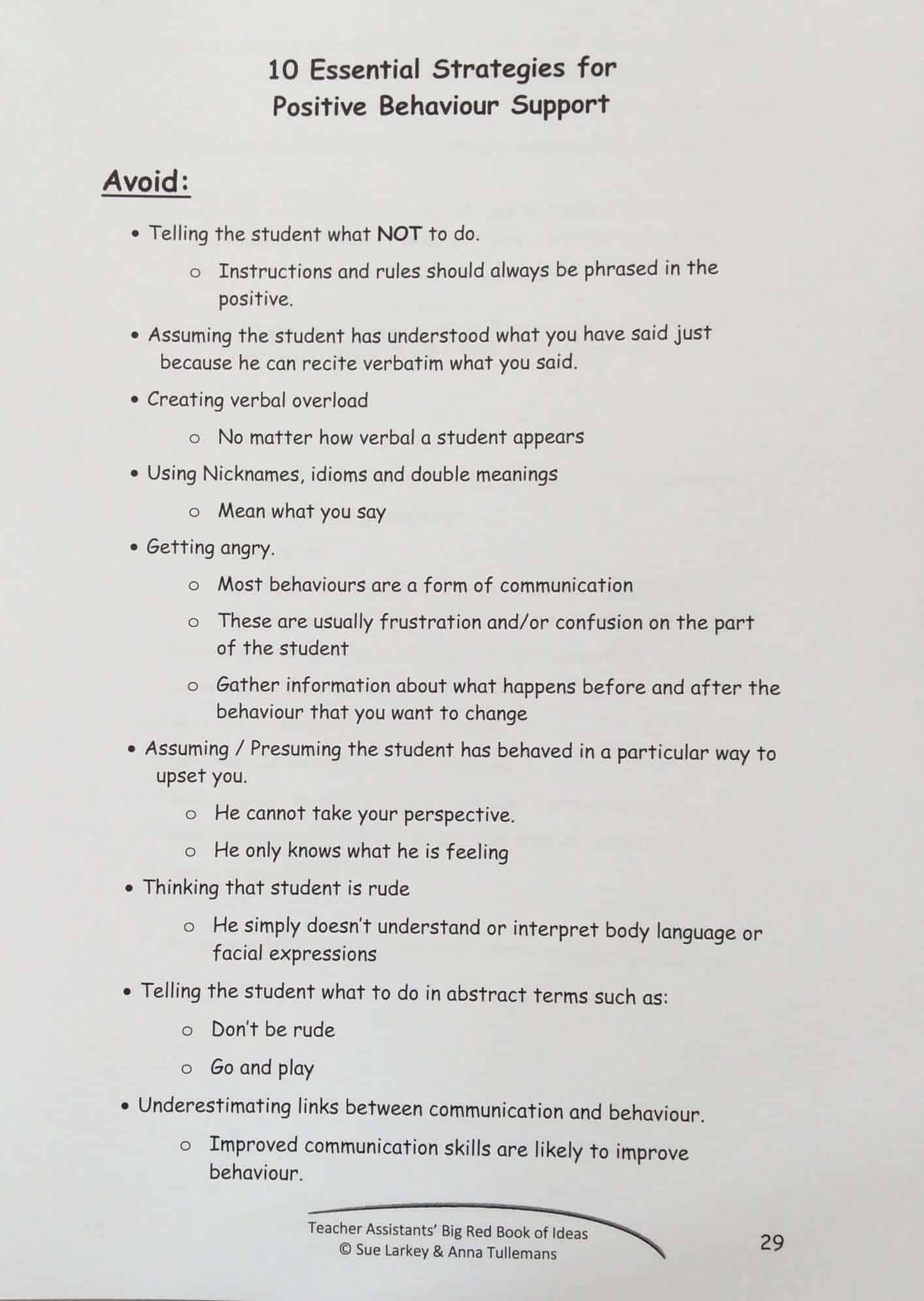
 2 Hours
2 Hours
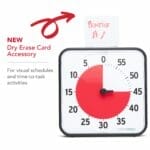




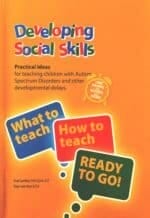








 Sorry we no longer ship items outside Australia. Please consider the digital versions of Sue’s Books –
Sorry we no longer ship items outside Australia. Please consider the digital versions of Sue’s Books – 